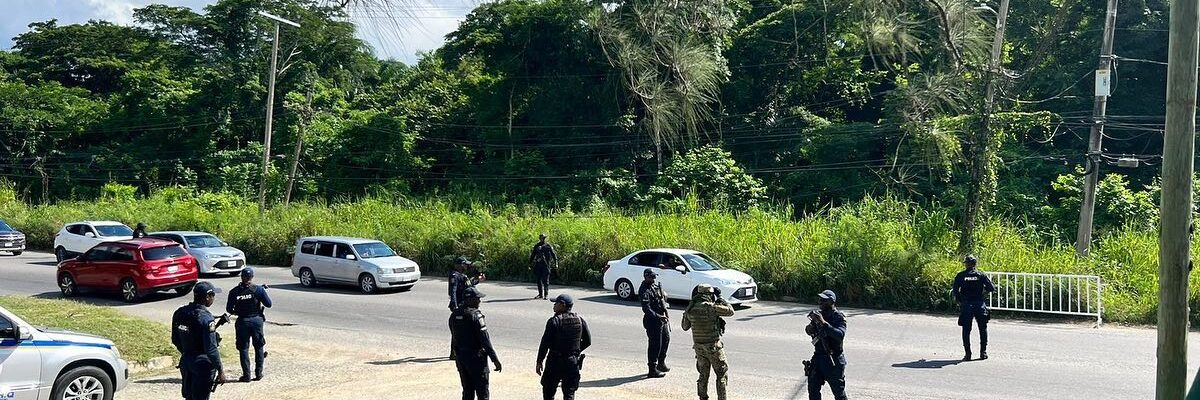
Advisory out for other Caribbean and Mexican vacation hot spots
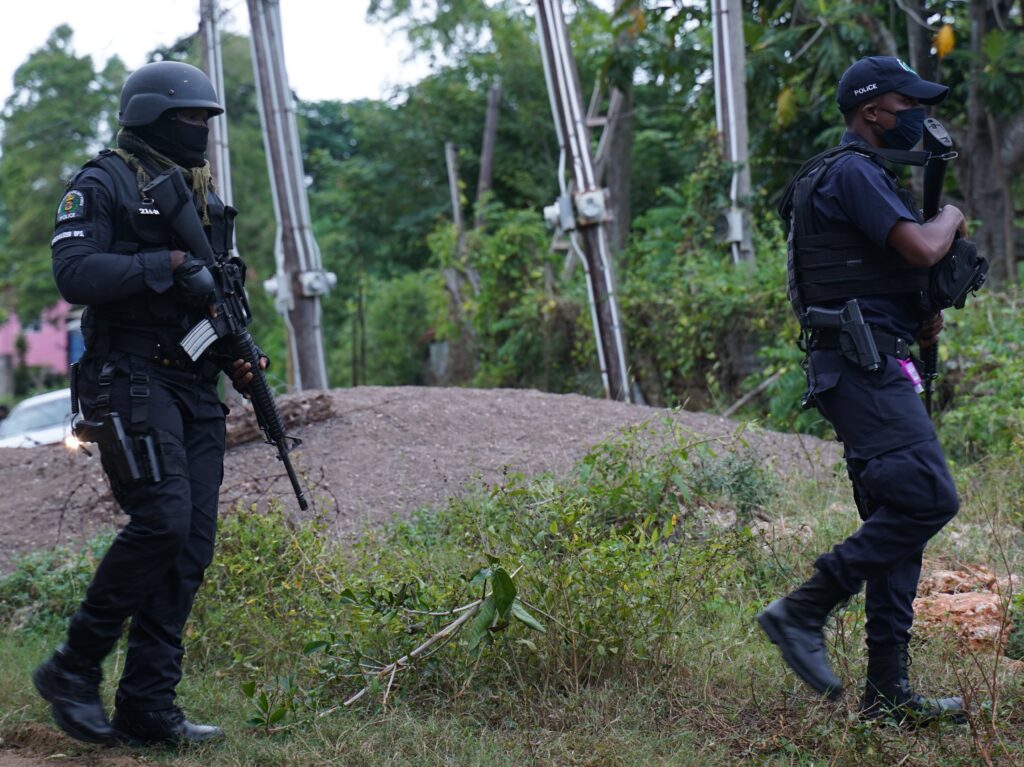
Durrant Pate/Contributor
Jamaica remains on Canada’s latest travel warning list given its high level of violent crime.
The list, which was published on Wednesday notes, “Despite the presence of police to counter armed robbery, sexual assaults and murder, crimes of this nature are a problem in large cities and tourist areas. This can be attributed to the widespread availability of firearms, which are used in most drug and gang-related crimes.”
The advisory says that “nearly 50 areas in greater Kingston, St. Catherine, Montego Bay and South Coast have a significant gang population where tourists are at risk of becoming victims of petty crime such as pickpocketing and bag snatching”.
The Government of Canada offers a travel advice and advisories page, which is updated often providing essential information to help travellers make safe decisions when visiting abroad. Also on the travel warning list are The Bahamas, Trinidad and Tobago, Cuba, Dominican Republic and Mexico.
High crime in Caribbean hotspots
For The Bahamas, the advisory cites high rates of crime, especially in Freeport and Nassau.
It says armed robberies, burglaries, purse snatchings, theft, fraud and sexual assaults are the most common crimes committed against travellers in Freeport and Nassau. Robberies can also occur in cruise ship terminals and in and around popular resort areas, even during daylight hours.
The advisory suggests travellers avoid the “over the hill” (south of Shirley Street) and Fish Fry (Arawak Cay) areas, especially at night. “People should not walk alone, particularly at night, and always stay alert. If robbers threaten you, stay calm and don’t resist,” the advisory says.

In Trinidad and Tobago, the high levels of violent crime and gang-related activity have been cited for its addition to the travel warning advisory. “Violent crime, including homicides, assaults, kidnappings, and armed robberies is prevalent throughout Trinidad and Tobago. Gang violence and drug-related crime are common, with incidents of gun-related crossfire occurring even during the day,” it says.
it says popular tourist areas, including Port of Spain, have seen an increase in criminal activity targeting both locals and visitors. Two days ago on December 30, 2024, the government declared a nationwide state of emergency in response to escalating gang violence.
During this period, security forces have increased their presence to search and detain individuals without warrants. The advisory says, tourists may also encounter risks such as fraudulent police officers and spiked food or drinks, which are used to facilitate theft or assault.
Additionally, crimes like express kidnappings and online dating scams have been reported, where victims are targeted for robbery or extortion. To ensure safety, travellers are advised to avoid large gatherings, remain vigilant in public areas, and carry identification at all times. Monitor local media for updates on the security situation.
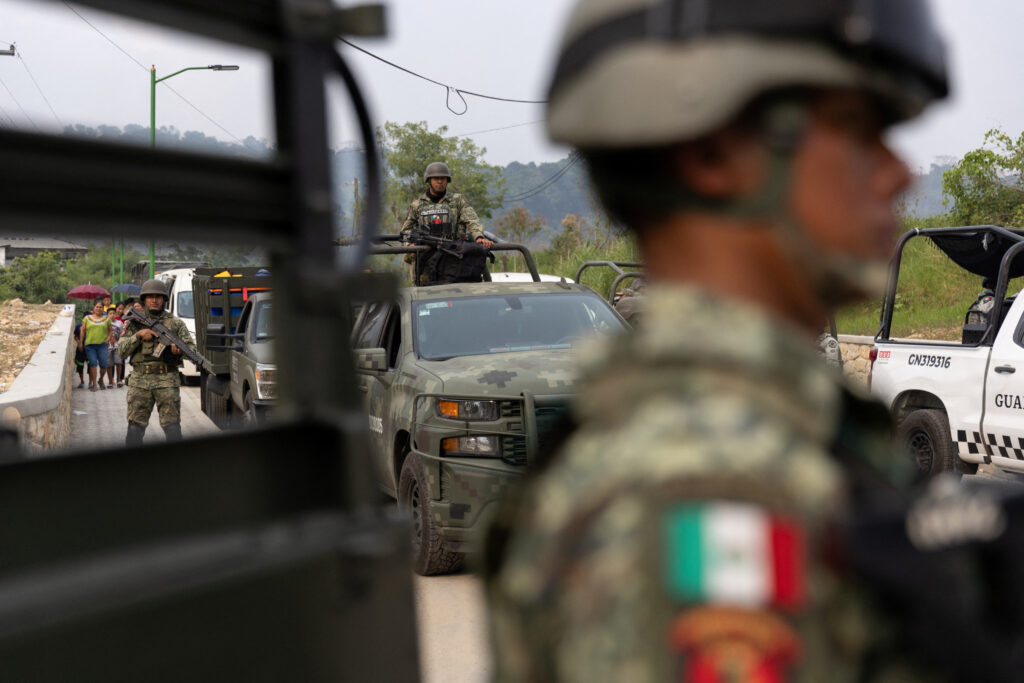
For Mexico, the advisory points to its high levels of criminal activity and kidnapping, citing, “violent crime can be found throughout Mexico, including homicides, kidnappings, and assaults. Sometimes, these crimes happen at popular tourist destinations such as the Mayan Riviera (Cancún, Playa del Carmen, Puerto Morelos and Tulum) and Acapulco.”
To ensure safety, travellers are advised to avoid large gatherings, follow local authority guidelines, and stay updated with local media for news regarding the demonstrations. Tourists can also fall victim to extortions through virtual kidnappings, where criminals find out enough personal information about their victims and then contact the target’s loved ones, claiming to have taken them hostage.
Criminal groups including drug cartels, are very active. Clashes between cartels or gangs over territory, drugs and smuggling routes are common. A regional advisory is in effect for Mexico, and it includes the following areas:
- Chihuahua, Colima (except the city of Manzanillo), Coahuila, Durango, Guerrero, Michoacán (except the city of Morelia), Morelos, Nayarit, Nuevo León (except the city of Monterrey), Sinaloa (except the city of Mazatlán), Sonora, (except the cities of Hermosillo and Guaymas/San Carlos and Puerto Peñasco), Tamaulipas, and Zacatecas.

Canada is also cautioning its nationals about visiting Cuba, saying the risks involve petty crime, assaults and thefts from hotel rooms pointing to shortages of basic necessities including food, medicine and fuel. The critical fuel shortages impact a wide range of services, making travel across the island extremely challenging adding that public transportation, including taxis, is often disrupted, leaving tourists with limited options for movement.
Some travellers have faced temporary stranded situations with rental cars. Even in Havana and resorts, intermittent tap water shortages add to the challenges. Hotels and resorts, reliant on generators during power outages, may struggle to maintain their services. Fuel shortages can also affect government services.
Tourists are urged to bring basic necessities like toiletries and medication, maintain a supply of water, food, and fuel, and ensure access to a complete emergency kit.
In The Dominican Republic, the Canadian authorities say travellers could face high levels of caution due to crimes such as Petty crimes like pickpocketing and bag snatching, which are common with tourists often being the targets. These incidents tend to increase during holiday periods.
Thefts can happen in various locations, including resorts, beaches, airports, bus stations, and public transportation. Even all-inclusive hotel rooms and hotel room safes are not immune to theft. Rental cars are also frequent targets.
The Canadian authorities point to instances of drive-by robberies, where thieves on motorcycles, scooters, or bicycles snatch bags and valuables from pedestrians. They may also reach into vehicles, including taxis, stopped at red lights to steal belongings.


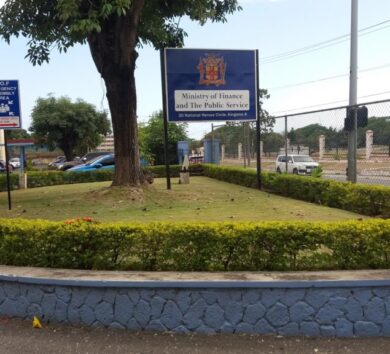


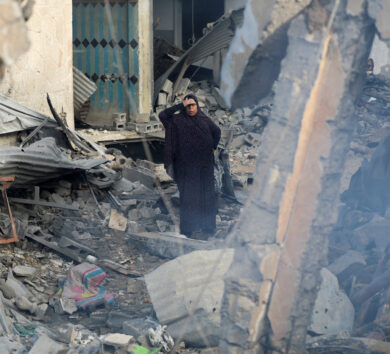
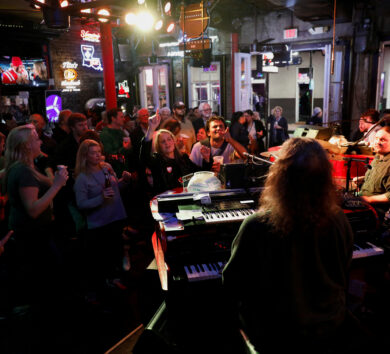
Comments